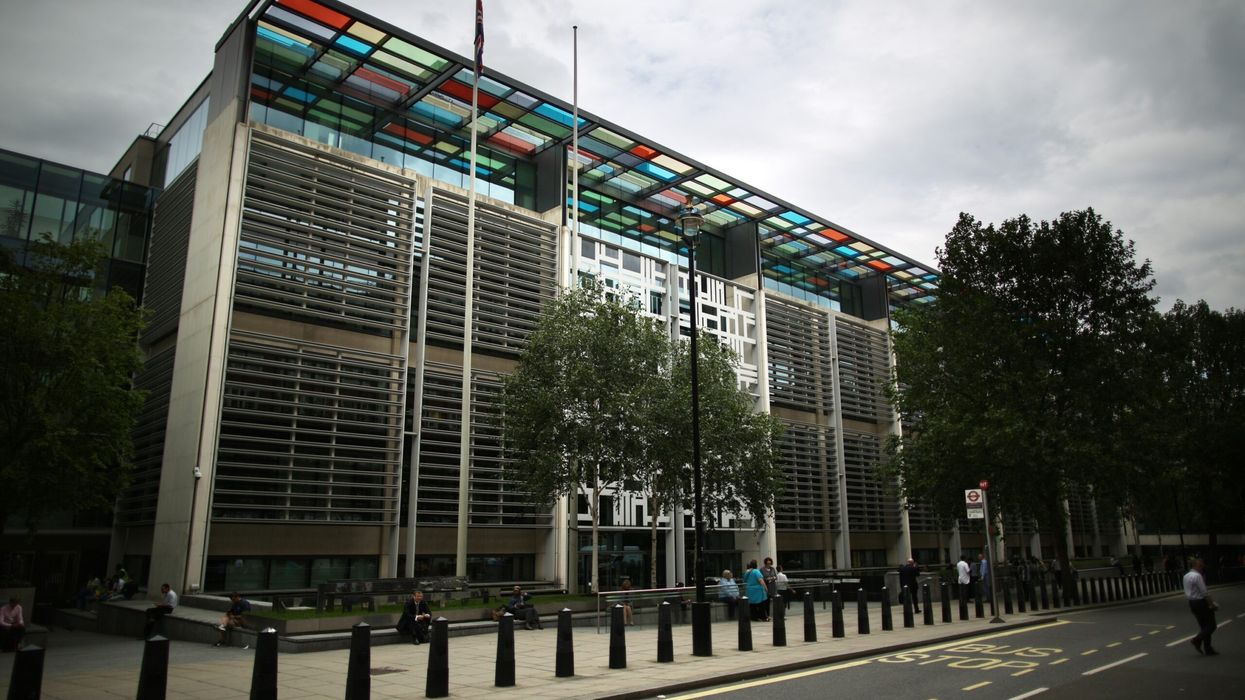LEADING lawyers are split on whether Britain should have an extradition treaty with Pakistan so suspects can be questioned by police quicker.
The two countries do not currently have any formal agreement, but there have been cases of people being brought back to the UK to be quizzed. Last year, the UK government and their Pakistani counterparts inked a deal allowing the extradition of only convicted criminals.
Radha Stirling, CEO of Due Process International and IPEX (Interpol and Extradition) Reform, said she strongly advises Britain to carefully consider the ramifications of entering into an extradition treaty with the south Asian country.
The lawyer told Eastern Eye: “There are several concerns about the independence of the judiciary, instances of unfair trials, political persecution, torture, human rights violations and the absence of due process in Pakistan’s legal system.
“These concerns make it highly likely that any extradition requests from Pakistan will result in the unfair treatment of the accused.
“Pakistan’s legal system has been rightly criticised for its lack of independence and impartiality.
“The judiciary is often influenced by political pressure and there have been numerous instances of judges being removed from their positions for not complying with the government’s wishes.
“This lack of independence raises concerns about the fairness of any trial that an accused person may face in Pakistan.”
Sterling added there have also been numerous reports of unfair trials in Pakistan and any treaty must include robust protections against wrongful deportations and abuse of extradition mechanisms to ensure that UK citizens are not unfairly subjected to Pakistani jurisdiction.
“Defendants are often denied access to legal representation, and there have been instances of coerced confessions and torture.
“The use of military courts to try civilians has also been criticised, as these courts do not provide the same level of due process as civilian courts.
“The government has been accused of using the legal system to silence critics and opposition figures.
“There have been numerous instances of journalists, activists and human rights defenders being arrested and charged with trumped-up charges.
“There have also been numerous reports of detainees being subjected to torture and other forms of ill-treatment while in custody. This raises concerns about the reliability of any evidence obtained through such means.”
In 2005, three British men who fled to Pakistan after the killing of 15-year-old Kriss Donald were extradited to Scotland four months later.
Imran Shahid, his brother Zeeshan Shahid and Mohammad Faisal Mushtaq were all jailed for life over the abduction and murder of Donald in Glasgow.
Another case where a British man was extradited from Pakistan was Mirza Tahir Hussain, from Leeds, who was released after serving 18 years on death row.

Hussain returned to the UK in 2006 after the intervention of King Charles, who was then the Prince of Wales.
Hussain faced murder charges over the death of a taxi driver in the Punjab region. Hussain insisted he acted in selfdefence when the driver tried to assault him.
Amjad Malik, a solicitor of Pakistani origin in Greater Manchester, backs the idea of an extradition treaty.
He told Eastern Eye: “Due to over a million British Pakistanis and an established on-going relation between both states and protocol on child abduction and individual exchanges in case by case basis, it is right time to sign an extradition treaty.
“The UK has a prime investigative facility and strong criminal justice system; Pakistan can learn a lot by this partnership and can invest in trials.
“Death penalty and prohibition of torture method used in investigations will hamper such a pact taking place, but ongoing mutual cooperation in exchange of accused and prisoners may facilitate political prisoners.”
In September, former Pakistan cricketer Khalid Latif was sentenced to 12 years in prison for offering money to assassinate the Netherlands’ most prominent far-right politician.
Latif, 37, was found guilty of incitement to murder Geert Wilders.
Wilders has demanded the extradition of Latif as the Netherlands does not have an extradition treaty with Pakistan.
Jasvir Singh CBE, a solicitor, said the UK has extradition treaties with over 100 countries around the world, including four countries in South Asia.
He added: “Pakistan is not one of them, and that often causes difficulties when it comes to seeking the return of a wanted individual to the UK. Likewise, it means that individuals who are wanted in Pakistan do not necessarily need to be sent to that country from the UK.
“Having a treaty would obviously help, but for a bilateral treaty to work properly and effectively, there would need to be greater confidence in the legal systems of both countries and an understanding that such an extradition treaty would not be used for political purposes.”
A government source said the UK can cooperate with any country or territory in the world in extradition, irrespective of whether there is a bilateral or multilateral agreement in place.




